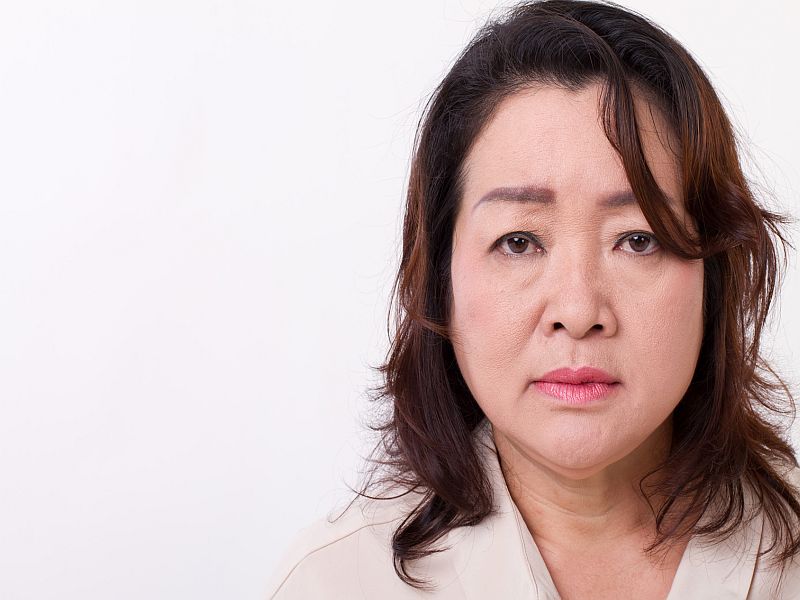- The Best Time of Day to Drink Bone Broth to Maximize Health Benefits
- 8 Ways to Increase Dopamine Naturally
- 7 Best Breads for Maintaining Stable Blood Sugar
- Gelatin vs. Collagen: Which is Best for Skin, Nails, and Joints?
- The Long-Term Effects of Daily Turmeric Supplements on Liver Health
- Could Your Grocery Store Meat Be Causing Recurring UTIs?
- Are You Making This Expensive Thermostat Error This Winter?
- Recognizing the Signs of Hypothyroidism
- 10 Strategies to Overcome Insomnia
- Could Artificial Sweeteners Be Aging the Brain Faster?
Losing a Parent in Childhood May Raise Suicide Risk Decades Later


Parental death can be a devastating experience for any child, and a new study suggests it might raise a person’s suicide risk well into adulthood.
Danish researchers looked at long-term outcomes for more than 189,000 Scandinavian children who had a parent die before the child was age 18, and compared that to data on nearly 2 million children who did not have a parent die. Both groups were followed for up to 40 years.
While the overall suicide risk was very low for both groups, the relative risk of suicide for people who’d lost a parent in childhood was double that of those who hadn’t — 0.14 percent versus 0.07 percent, respectively.
Boys seemed more affected than girls, the study found. Over 25 years, the risk of suicide was 4 in 1,000 people among males who lost a parent during childhood and 2 in 1,000 people among females who’d experienced such loss.
The risk of suicide was high among people whose parent died of suicide, but also high among those whose parent died of other causes, according to the study published online Nov. 11 in the journal JAMA Psychiatry.
The researchers, led by Mai-Britt Guldin of Aarhus University in Denmark, said their findings point to the need for early interventions to ease children’s distress and “reduce the risk of suicidal behavior.”
According to the researchers, in Western nations, 3 to 4 percent of children experience the death of a parent, one of the most stressful and potentially harmful childhood events.
One U.S. expert who reviewed the data stressed that the overall rate of suicide remains very low.
“In practical terms, losing a parent does not mean that a person is destined to [die by] suicide — this is obvious but it’s worth stating,” said Dr. George Bonanno, a professor of psychology and education at Columbia University in New York City. “There is increased risk, but suicide is still rare,” he said.
Bonanno also added that “the limitations of the study are very clear, as the authors point out: We don’t know with any precision why early parental death leads to increased risk for suicide. There are some obvious possible explanations, but this study is not able to test those explanations.”
Dr. Matthew Lorber is acting director of child and adolescent psychiatry at Lenox Hill Hospital in New York City. He said that “although more research is needed looking at this topic, it is clear that we need to prioritize grief counseling and therapy for any child who has a parent die before the child turns 18, regardless of the cause of death.”
More information
The American Academy of Pediatrics explains how to help children cope with death.
Source: HealthDay
Copyright © 2026 HealthDay. All rights reserved.










